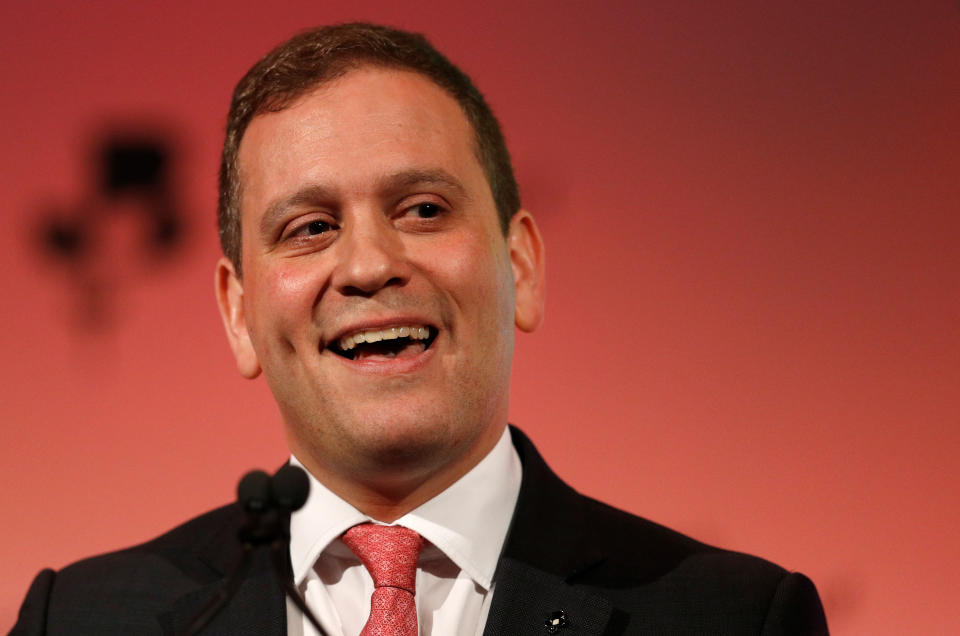Sudden end to free movement 'close to impossible' as firms hit out at Johnson's plan

A sudden end to free movement if Britain leaves the European Union without a deal could be “close to impossible,” an expert has warned.
The freedom of movement under EU rules allows allows citizens of EU member states freedom to work and live in any country within the bloc.
Business leaders have hit out a plans for a rapid shakeup of rules, blasting the government for leaving the immigration system “up in the air,” after a home office spokesman said freedom of movement between the bloc and Britain would end on 31 October.
The comments seem to suggest tighter rules for EU migration could be introduced than previously planned under Theresa May, but the lack of details and time to prepare sparked anger among firms.
Joe Owen, Brexit programme director at Institute for Government think tank, questioned if the government was even serious about meaningful reform, warning employers were “completely unprepared for this last-minute U-turn.”
READ MORE: No-deal Brexit could force supermarkets to ration ‘as shelves quickly empty’
He said previous reforms had taken almost two years to draft and four years to roll out, while significant reforms would require legislation unlikely to pass through parliament in the near-future.
“Does [home secretary Priti] Patel really believe it is possible to design, build and roll-out a new system in just eight weeks?” he asked in a blog post on the think tank’s website.
Owen said rushed, unfinished reforms meant yet more uncertainty and “major disruption” for firms and EU workers, when the government had previously said it planned to give firms a year to prepare.
“Employers will be in the middle of recruitment processes for after October, and many will have already offered jobs tor EU citizens,” he added.
He also warned it risked “a larger-scale repeat of the Windrush scandal” but for EU citizens, with “no way” for firms to distinguish between new arrivals and European workers who had lived in the UK for years.
The Windrush scandal centred around people from Commonwealth countries who arrived in the UK and were born before 1973. When they first entered the UK, they had the right to live in Britain indefinitely. However, in 2017, thousands of people were reported (although the final number was not conclusive) to have faced deportation or lost access to services because they couldn’t prove that they lived in Britain since before 1973.
READ MORE: Firms welcome Johnson’s ‘points-based’ plans - but the devil is in the detail
Josh Hardie, deputy director-general of the Confederation of British Industry (CBI), said: “Businesses and workers know the immigration system is changing. Yet announcing that the existing arrangements may end before a replacement has been designed, delivered or tested will only cause confusion.
“Now is the time for Government to reduce uncertainty, not add to it unnecessarily and hinder no deal preparations,” he said, calling for a two-year transition for firms to adapt and officials to avoid costly mistakes for migrants themselves.

Adam Marshall, director-general of the British Chambers of Commerce (BCC), said businesses had planned on the basis of the home office’s previous official no-deal Brexit guidance.
He said there now “hints that it’s all up in the air” with just weeks until Brexit, adding: “Firms need clarity and consistency to prepare for change.”
A home office spokesman had announced in a statement: “Freedom of movement as it currently stands will end on 31 October when the UK leaves the EU, and after Brexit the government will introduce a new, fairer immigration system that prioritises skills and what people can contribute to the UK, rather than where they come from.”
READ MORE: Brexit: EU unconvinced by Johnson's fresh bid to remove backstop

 Yahoo Finance
Yahoo Finance 